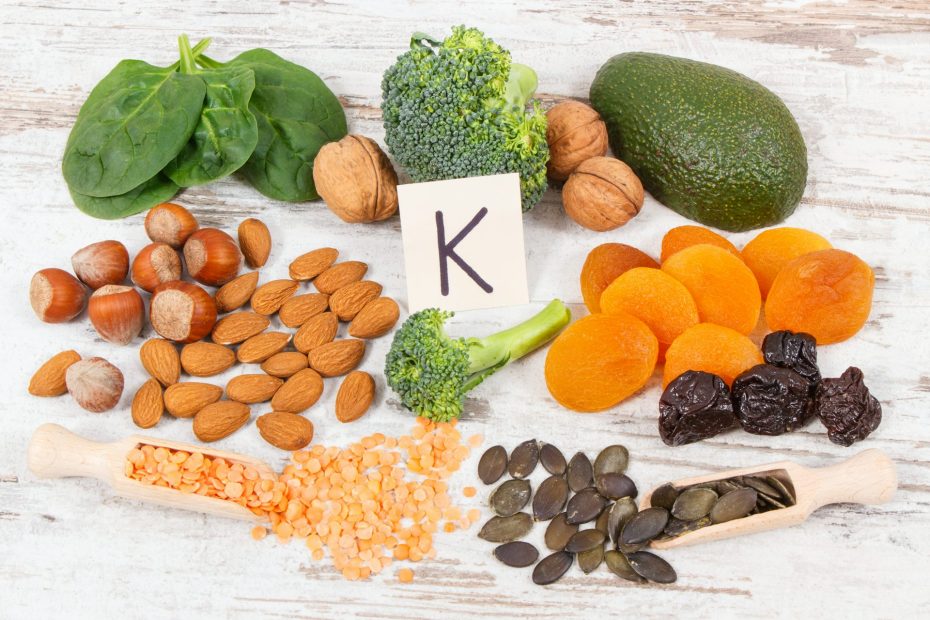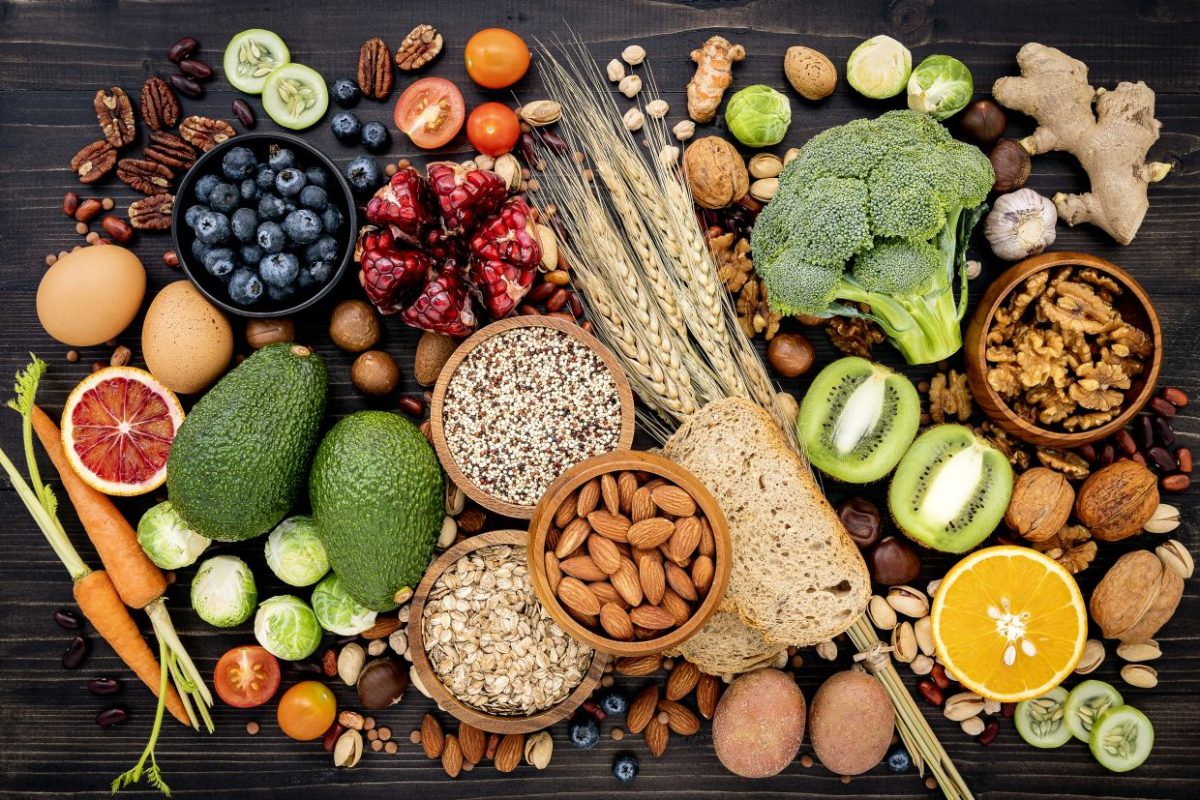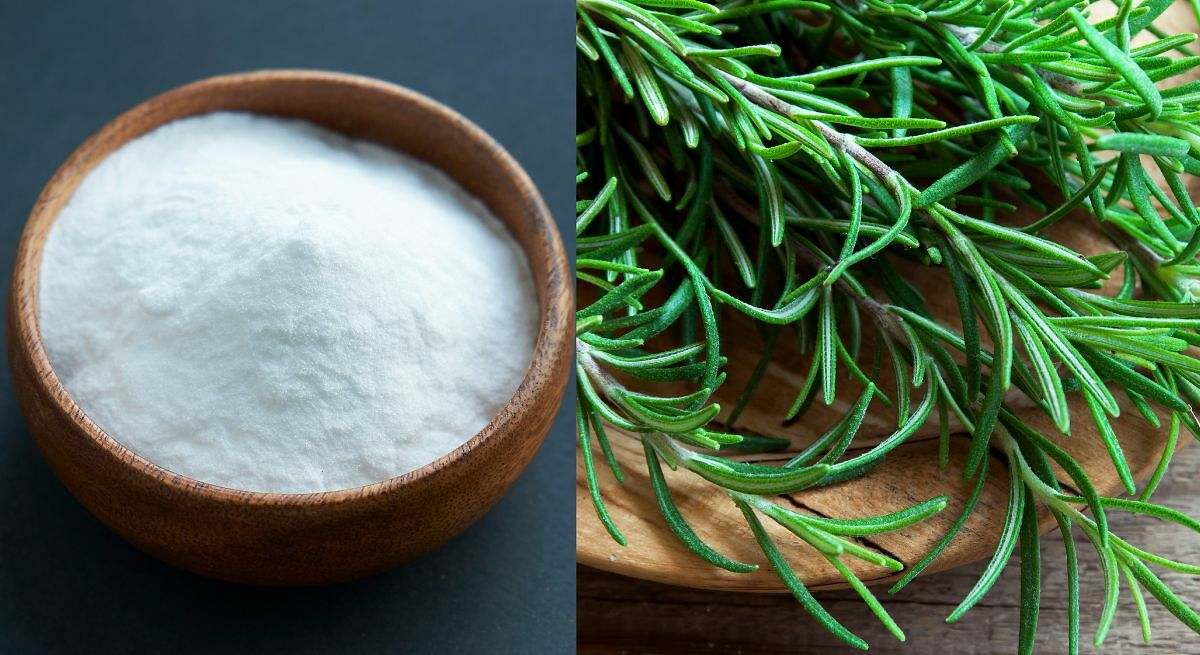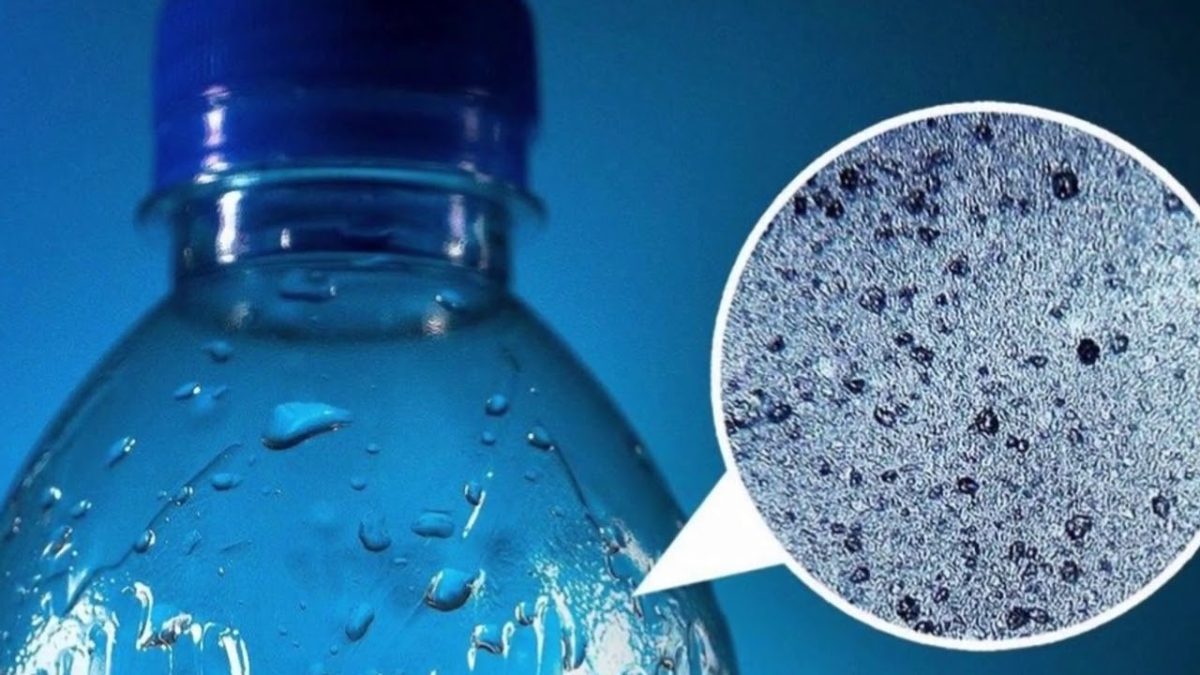Potassium is an essential mineral for the body which, among other functions, helps to lower blood pressure. In addition to bananas and tuna, there are other foods that contain it and will help you reach the recommended daily allowance.
When we talk about potassium, we almost always automatically think of bananas or, perhaps, tuna. However, these are not the only foods capable of providing this essential mineral. There are other equally healthy and delicious alternatives that will allow you to meet your daily needs with a varied diet.
What is potassium and what is it for?
As we mentioned, potassium is an essential mineral for the proper functioning of the body. ‘It aids nerve function, muscle contraction and maintains a steady heart rate,’ explains Dr Karla Barrous, a specialist in clinical nutrition. Its presence in the body helps to maintain the balance of fluids and electrolytes, allowing the nervous and muscular systems to work efficiently and in a coordinated manner.
The expert adds that this mineral also allows nutrients to flow into cells and expel waste from them. In addition, potassium is involved in the transmission of electrical signals between cells and helps regulate the body’s internal balance.
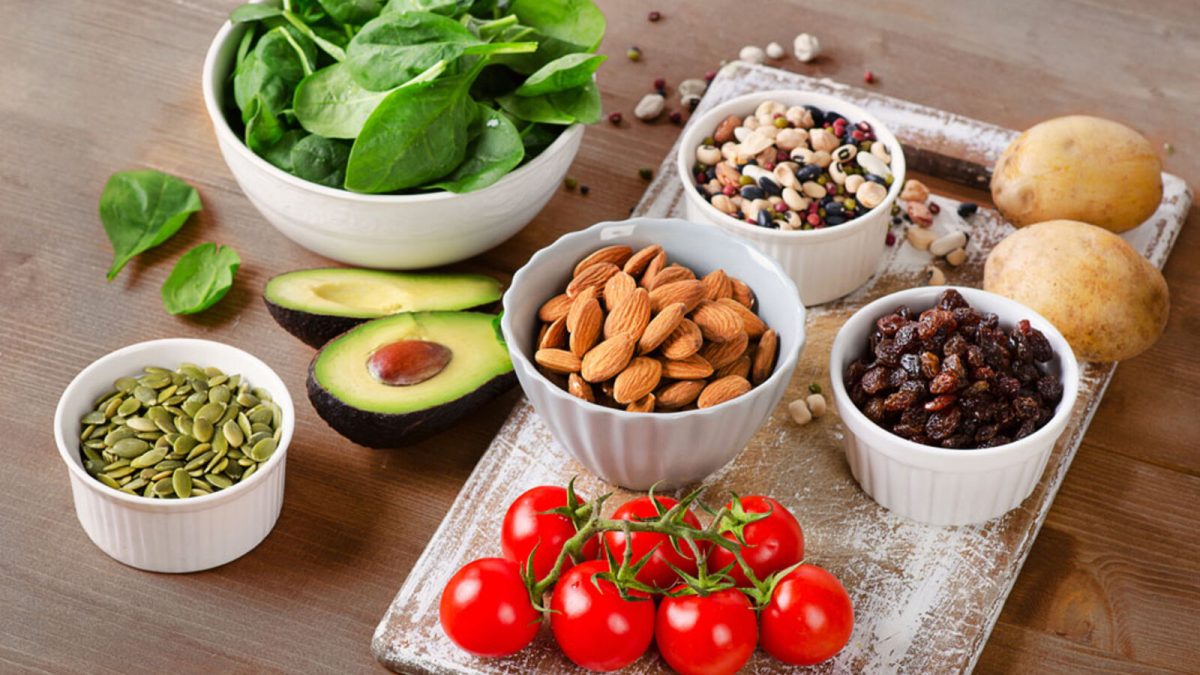
How much potassium should you consume per day?
The amount of potassium needed per day depends on factors such as age, health status, and level of physical activity. However, as a general rule, the University of Navarra Clinic states that ‘the recommended daily intake for the average adult is 4,700 milligrams (mg)’. They add that, for some adults, doses of between 1,600 and 2,000 mg may be adequate.
Why does potassium help lower blood pressure?
One of the main functions of potassium is to balance the amount of sodium in the body. By eliminating excess sodium through urine, it helps to reduce blood pressure. As nutritionist Alejandro Martínez explains, the effect is slightly more powerful in women.
In addition, potassium helps to relax the arterial walls, which makes it easier for blood to flow with less resistance. Thanks to these functions, maintaining adequate potassium levels helps prevent hypertension and supports overall cardiovascular health.
Signs that you are lacking potassium
Although most people get enough potassium from a balanced diet, sometimes a deficiency of this mineral can occur. This is a disorder known as hypokalaemia or hypokalemia.
Farmacia Merinero lists the signs that may indicate a potassium deficiency in the body:
- Cramps: as potassium is essential for muscle contraction and relaxation, a deficiency can cause frequent muscle cramps, especially in the legs.
- Muscle weakness: this makes everyday activities such as climbing stairs or lifting objects more difficult.
- Fatigue: potassium contributes to energy production, so a deficiency can lead to extreme tiredness and a feeling of exhaustion.
- Palpitations: a lack of potassium can alter the heart rhythm, causing irregular heartbeats.
- Abnormal tingling: a feeling of tingling or numbness in the hands and feet is often due to hypokalaemia.
- Excessive thirst: when fluids in the body are not properly regulated, the sensation of thirst increases.
- Digestive problems: these can include nausea, vomiting, or constipation, among others.
No bananas, no tuna: 20 other foods to meet your daily potassium needs and lower your blood pressure
Bananas contain 370 mg of potassium per 100 grams and tuna contains 527. However, as we mentioned earlier, these are not the only important sources of this essential mineral.
Here are some other foods that will help you meet your daily potassium needs and lower your blood pressure. The amounts are indicated by the University Clinic of Navarra and are per 100 grams:
- Sweet potato or yams: 542 mg. They are also notable for their vitamin A and digestive fibre content.
- Raw spinach: 529 mg. This vegetable also contains a lot of iron and natural antioxidants.
- Avocado: 487 mg. It also contains healthy fats and vitamin E.
- Garlic: 446 mg. It is a powerful antioxidant that can improve cardiovascular health.
- Lamb’s lettuce: 421 mg. It is a source of vitamin C and folate.
- Arugula: 369 mg. It also provides calcium and anti-inflammatory compounds.
- Black grapes: 320 mg. They also contain antioxidants and resveratrol, which is good for the heart.
- Melon: 310 mg. It is a very hydrating fruit rich in vitamin C and beta-carotene.
- Raw celery: 305 mg. Low in calories, it contains fibre and vitamin K.
- Kiwi: 290 mg. It is an important source of vitamins C and E and digestive fibre.
- Carrot: 286 mg. It also contains beta-carotene, vitamin A and antioxidants.
- Apricot: 279 mg. Other nutrients include vitamin A and fibre.
- Green asparagus: 269 mg. Source of folate and vitamin K.
- Medlar: 263 mg. Contains vitamins A and C.
- Raw cabbage: 250 mg. This vegetable contains fibre, vitamin C and anti-inflammatory compounds.
- Liver: 248 mg. Also notable for its iron and vitamin A content.
- Radish: 243 mg. It is also low in calories and provides vitamin C and antioxidants.
- Pomegranate: 238 mg. Contains antioxidants and vitamin C.
- Lettuce: 234 mg. It also provides fibre and vitamin K.
- Courgettes: 230 mg. Very low in calories, they are rich in antioxidants and water.

